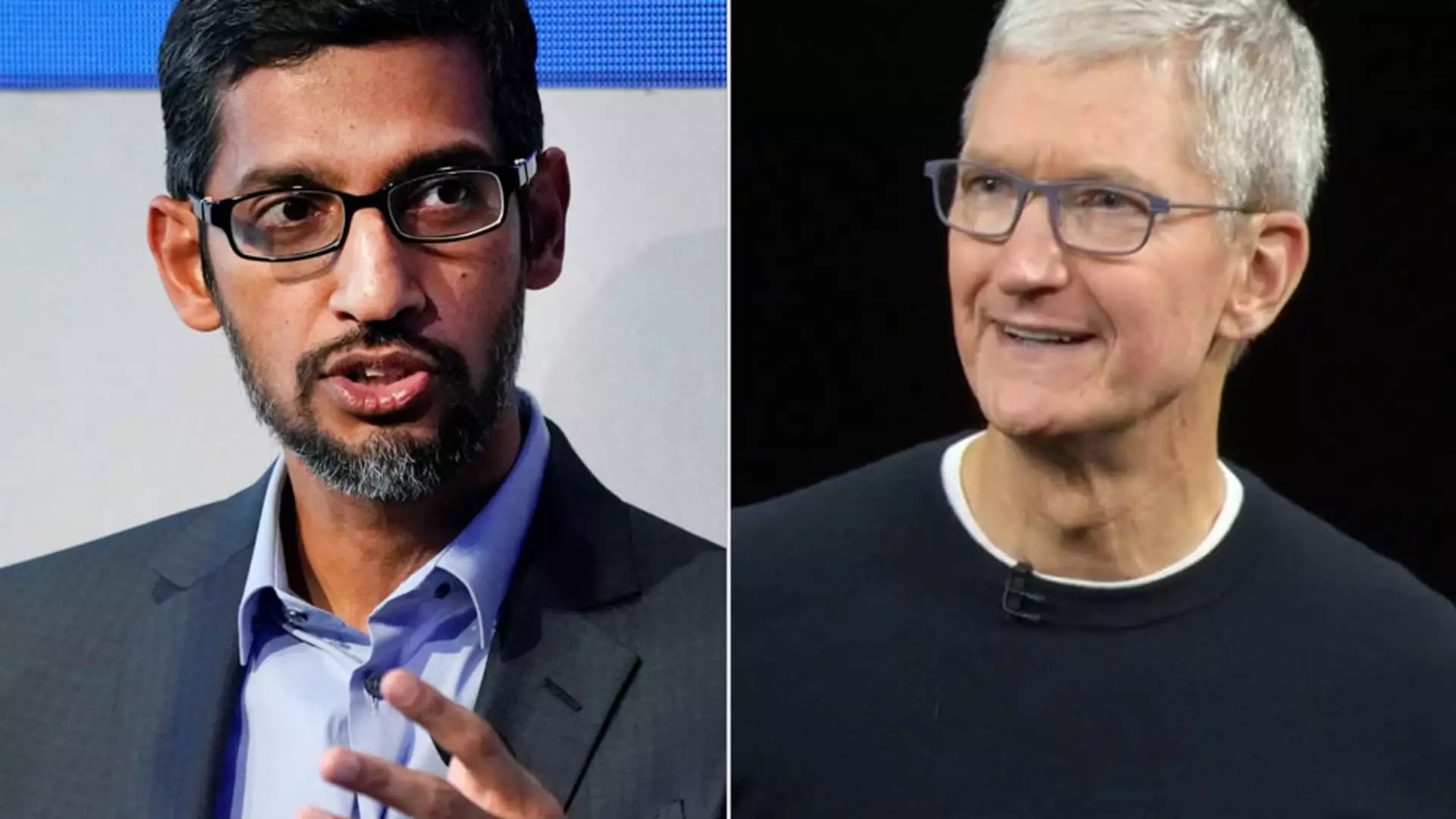Apple recently made headlines by revealing that it had chosen to pre-train its artificial intelligence models for Apple Intelligence on Google’s Tensor Processing Units (TPU). This decision has sparked interest in the tech industry, as it deviates from the norm of relying on Nvidia’s GPUs for cutting-edge AI training. Let’s delve deeper into this development and analyze the implications for Apple, Google, and the broader AI landscape.
Apple’s adoption of Google’s TPUs for training its AI models marks a strategic shift in the company’s approach to AI infrastructure. By choosing a different processor provider from the dominant player, Nvidia, Apple is signaling that it is willing to explore alternatives for AI training. This move could potentially open up new avenues for innovation and competition in the AI chip market.
Google’s TPUs have gained prominence in recent years as one of the most mature custom chips designed specifically for artificial intelligence. The fact that Apple opted to use Google’s TPUs for its AI training speaks volumes about the quality and effectiveness of Google’s hardware. This move also solidifies Google’s position as a key player in the AI ecosystem alongside Nvidia.
Nvidia’s dominance in the high-end AI training chip market has been challenged by Apple’s decision to go with Google’s TPUs. The scarcity of Nvidia’s GPUs due to high demand in recent years has forced companies like Apple to look for alternative solutions. This development could potentially impact Nvidia’s market share and influence in the AI chip sector, leading to increased competition and innovation.
Apple’s choice of Google’s TPUs for AI training has raised eyebrows in the tech industry, with other big players like Meta, Oracle, and Tesla also vying for Nvidia’s GPUs. The comments made by Meta CEO Mark Zuckerberg and Alphabet CEO Sundar Pichai about overinvesting in AI infrastructure highlight the fierce competition and strategic importance of AI technologies in shaping the future landscape of tech companies.
Looking ahead, Apple’s introduction of Apple Intelligence and its plans to roll out new functions based on generative AI signal a continued focus on AI-driven innovations. The company’s use of Google’s TPUs for training its AI models underscores the importance of strategic partnerships and collaborations in advancing AI technologies. As Apple, Google, and Nvidia continue to push the boundaries of AI capabilities, the tech industry is set for further disruptions and transformative changes.
Apple’s decision to leverage Google’s TPUs for AI training represents a significant strategic move that could have far-reaching implications for the tech industry. By diversifying its AI infrastructure providers and exploring new possibilities for AI training, Apple is positioning itself for future growth and innovation in the rapidly evolving AI landscape. As competition intensifies and new players enter the AI chip market, it will be interesting to see how companies like Apple, Google, and Nvidia adapt to the changing dynamics of the AI ecosystem.


Leave a Reply